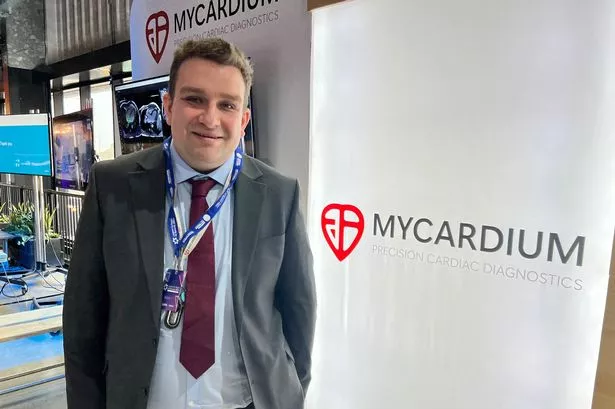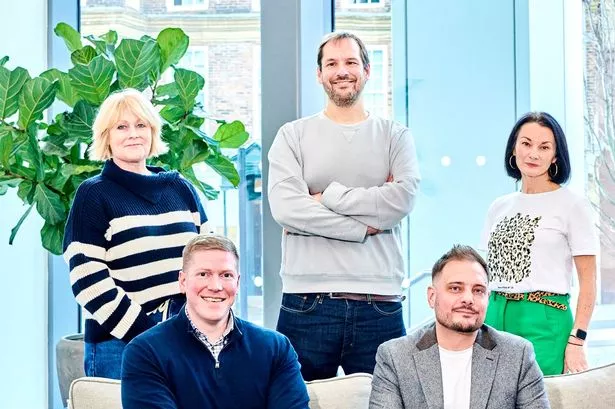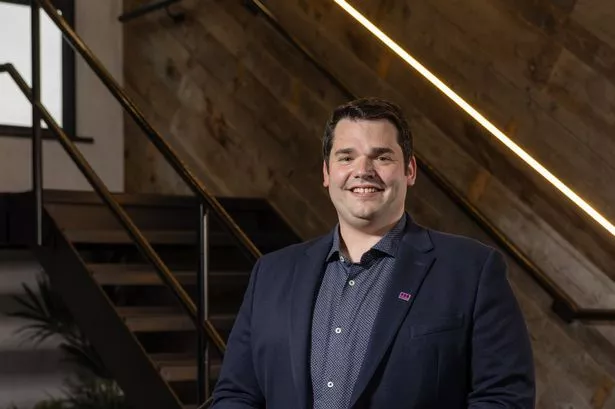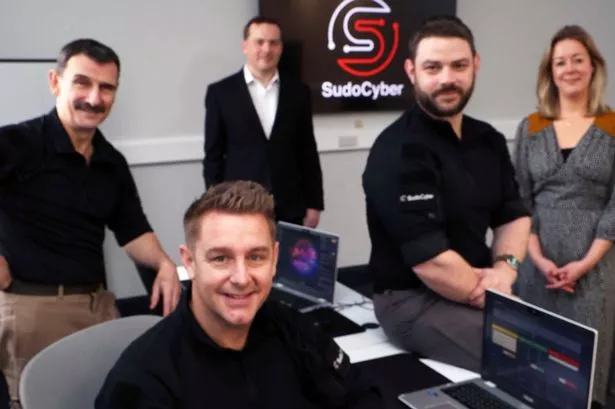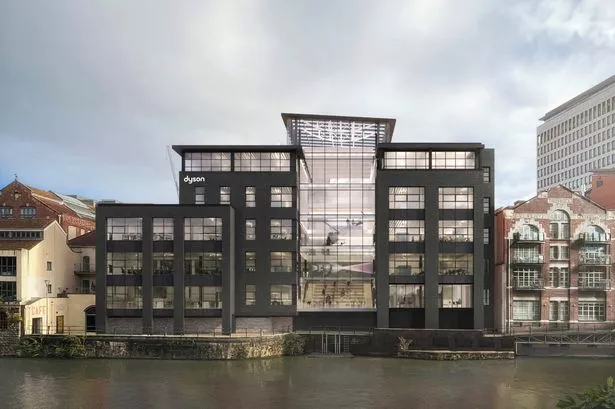Not just 'shiny tech bits' – how AI could power Liverpool and its businesses to global success
We’re moving from AI hype to reality, tech leaders say – and a global event in Liverpool today heard how the city region can become a leader in AI technology that’s changing the world for the better.
The city region’s first-ever AI summit brought together leaders in AI, one of the fastest-growing and most high-profile sectors in the global economy. Speakers included the UK boss of global tech giant IBM, who said Liverpool City Region was “well set to become a leader in responsible AI”.
And the summit also heard from North West entrepreneurs – one of whom told BusinessLive that his firm had recently hit a key regulatory milestone that should allow it to start working in the USA.
Metro Mayor Steve Rotheram said Liverpool city region needed to stay ahead of the technological curve to make sure it was ready for all future innovations and inventions.
He said the summit was “about showing the world what the Liverpool City Region is all about: innovation with heart, technology with purpose and a vision of progress that leaves no one behind".
And he said: “Artificial intelligence is a perfect example of this. Not the fancy algorithms - or shiny tech bit - but because, with the right guardrails in place, it can empower us to solve real problems, improve people’s lives, and build a fairer, more equitable society.”
The Metro Mayor hailed the success of recent AI projects, such as Alder Hey Children’s Hospital using AI to help doctors diagnose illnesses faster, and the success of the UK’s most powerful industrial supercomputer in Daresbury at supporting innovative tech firms.
He said: “Collaboration is key to all of this. That’s what makes this region special. The Liverpool City Region has a knack for punching above its weight. It’s in our DNA. When I was growing up, this was a region known for its resilience and creativity.
“We didn’t just follow trends; we set them. Today, we’re taking that same spirit into the digital age. But leadership comes with responsibility.
“As AI develops, we need to make sure it reflects our values of fairness, inclusivity, and sustainability. AI should empower people, not replace them. It should build trust, not breed suspicion. And it should create opportunities for everyone.
“Together, we will use those ideas to cement the Liverpool City Region as a global leader in ethical, impactful artificial intelligence.”
Dr Nicola Hodson, chief executive at IBM UK and Ireland, said she was proud to be in Liverpool as a Widnes native who studied at the University of Liverpool.
She said: “This region’s tech sector is booming.” And she added: “There’s a real buzz here which is very exciting to see.”
She explained how IBM’s AI experts had worked in fields including healthcare, where AI tech has helped speed up analysis and diagnostics to help patients get treated more quickly.
She said this was an “incredibly exciting time in the UK tech industry”. And she added: “Tech is moving faster than it ever has but slower than it ever will, and we cannot afford to be passengers. “
Dr Hodson called this “one of the most transformational periods in human history” and added: “There is little doubt we are already in the age of AI.”
She said: “It is clear we’re moving from AI hype to AI reality”, and that AI is augmenting – not replacing – human intelligence." She added that: “With the right governance and guardrails AI can enhance innovation and creativity."
Dr Hodson said that according to McKinsey, AI could add $4.4 trillion of value annually to global GDP by 2030. And she said UK government research showed the UK’s own AI industry is expected to grow to £800 billion by 2035.
She added that the city region “is well set to become a leader in responsible AI". Dr Hodson ended her speech by saying there were five key questions that people needed to ask when implementing AI to ensure it had the right guardrails and governance in place – including securing and organising data.
One of the exhibitors was Antony Shimmin, co-founder of software company MyCardium AI. The Liverpool business, originally spun out of University College London, is using AI to analyse heart scans, bringing faster results for doctors and patients.
Antony and his co-founders, Professor James Moon, Professor Charlotte Manisty and Professor Mark Westwood, have been working to get their technology cleared for use around the world. Mr Shimmin said from the stage that the company had now got the crucial FDA clearance it needed to operate in the USA.
He later told BusinessLive: “It’s a huge milestone. It demonstrates our commitment to excellence and compliance. So our software has been clinically and technically reviewed, and the AI has been reviewed. to ensure that this does bring about the benefits that we say it does.
“So it's huge for the business, allows us to sell into the States and deliver this to frontline clinicians to improve patient care and clinical outcomes.”
The company, which is also working to secure UK and EU clearance, has grown organically from its base at The Spine in Liverpool’s Paddington Village, and today employs 24 people and 52 contractors.
Mr Shimmin explained that MyCardium’s technology aims to “deliver more precise measurements of heart function to improve clinical decision-making and better inform patients of their conditions".
It uses AI to compare and measure scans more quickly that humans could. He added: “We're much more precise than a human ruler, much faster than a human ruler. And that leads to real change in clinical outcomes and decision making.”
Other summit speakers included Erika Lewis, chief executive at the national innovation accelerator Connected Places Catapult, who said her organisation had set up a base at The Spine to support local businesses.
Meanwhile Northern Agenda editor Rob Parsons hosted a debate on using AI for good, with panelists including Dr Iain Buchan from the University of Liverpool.


